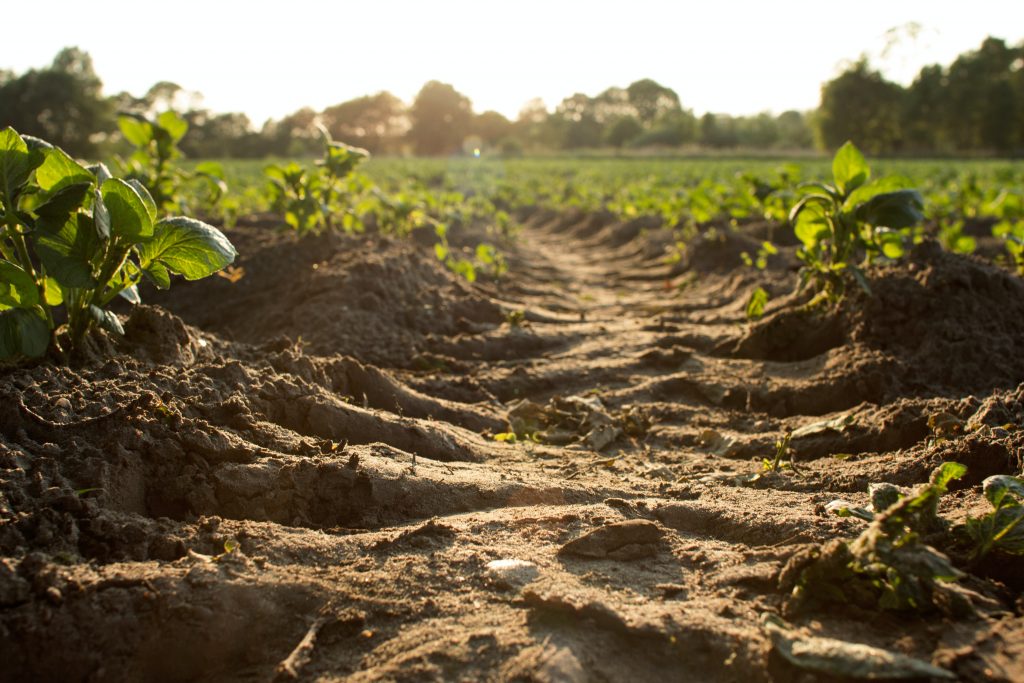NEWS - 07 September 2022
The new Spanish demo plant of Grupo Fertiberia in Huelva will turn bio-waste into fertilisers to contribute more widely to the circular bioeconomy.
Bio-waste — mainly food and garden waste — is the largest single component of municipal waste and is also generated in agriculture and industry. Its conversion into a resource through the recovery of nutrients gives bio-waste a considerable potential for contributing to a more circular economy through, for example, being processed into fertilisers, soil improvers and non-fossil fuels like biogas. Turning waste into a resource is also one of the pillars of the Roadmap for a Resource-Efficient Europe.
Giving up fossil energy and reducing the production of fertilisers made of 100% virgin raw materials requires finding replacement products, and the reprocessing of bio-waste could offer a solution to the dilemma.
Nevertheless, most of the bio-waste produced in Europe still goes unprocessed and underused, and the energy or nutrients contained in biowaste are not yet being effectively recovered, losing a potential resource.
The Spanish fertiliser company Grupo Fertiberia, as part of the European project B-Ferst, is building a demo plant in the southern city of Huelva specifically dedicated to the treatment of bio-waste and the recovery of its nutrients. The aim is to further incorporate them into fertiliser production plants by partially substituting non-renewable raw materials.
The R&D director of the industrial firm and coordinator of the project, Javier Brañas, says that “The construction of this demo plant has as its objective the extraction of insoluble phosphorus from residual sources of various origins, especially bio-waste. This process, for which a European patent has been applied for, has as its main characteristic the thermal coupling of the two main reactors, in such a way that the recovery of phosphorus is optimised with the minimum energy consumption in its two stages of digestion and neutralization”.
The plant will have a production capacity of 500 kg/h of mono and dicalcium phosphate and it will be located next to the NPK complex fertilizer industrial plant. The purpose is to increase the profitability of agriculture in a more sustainable way through the recovery of bio-waste from the agricultural activity itself.
The objective of the European project B-Ferst, which made the construction of this new plant possible, is to close the nutrient cycle in intensive agriculture, transforming the manufacture of fertilizers towards a new production model based on the circular economy, which will lead to the reduction of the footprint of carbon by at least 10%, minimizing its environmental impact.
According to André Negrão, director of the Huelva plant, “[…] The demo plant will allow us to reduce the environmental impact associated with the production of fertilisers, optimising processes and reducing their carbon footprint, while increasing the efficiency and productivity of new nutritional products”, he underlined.



